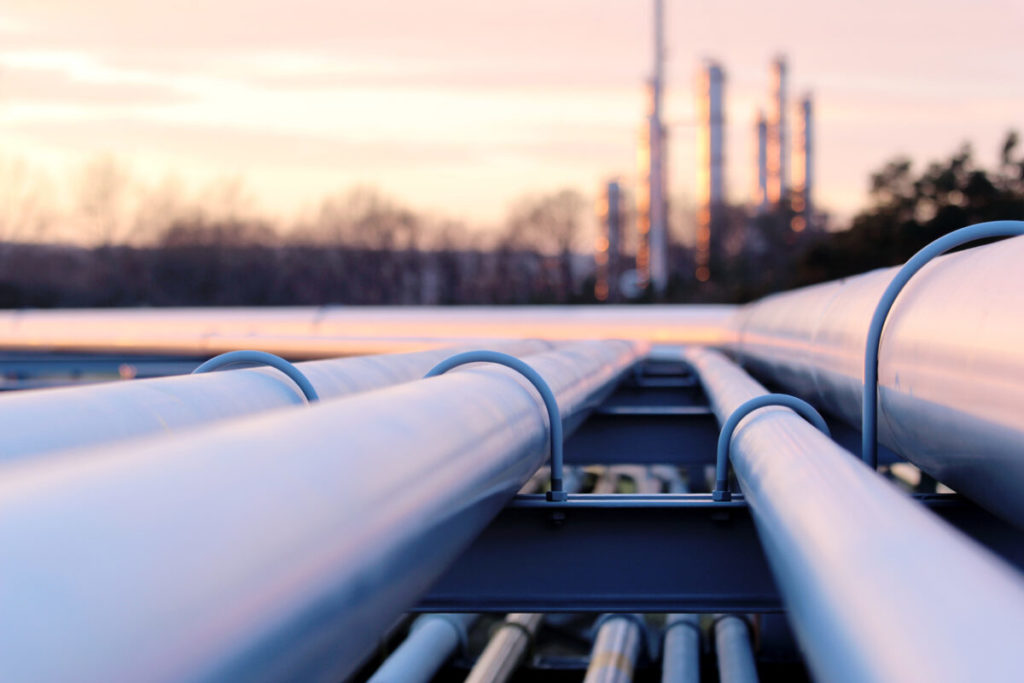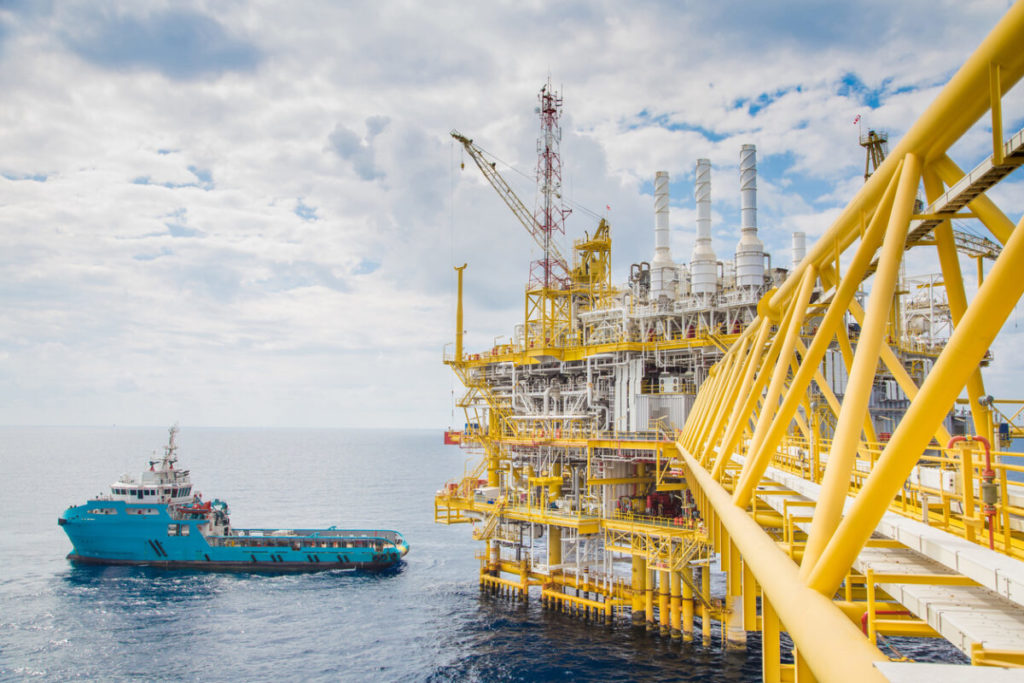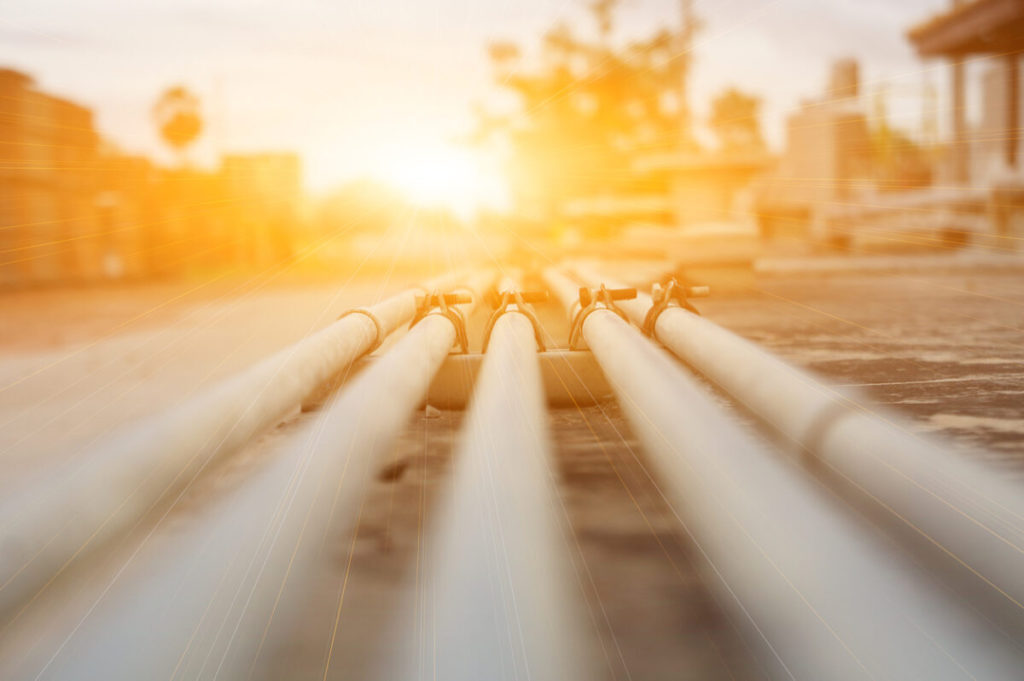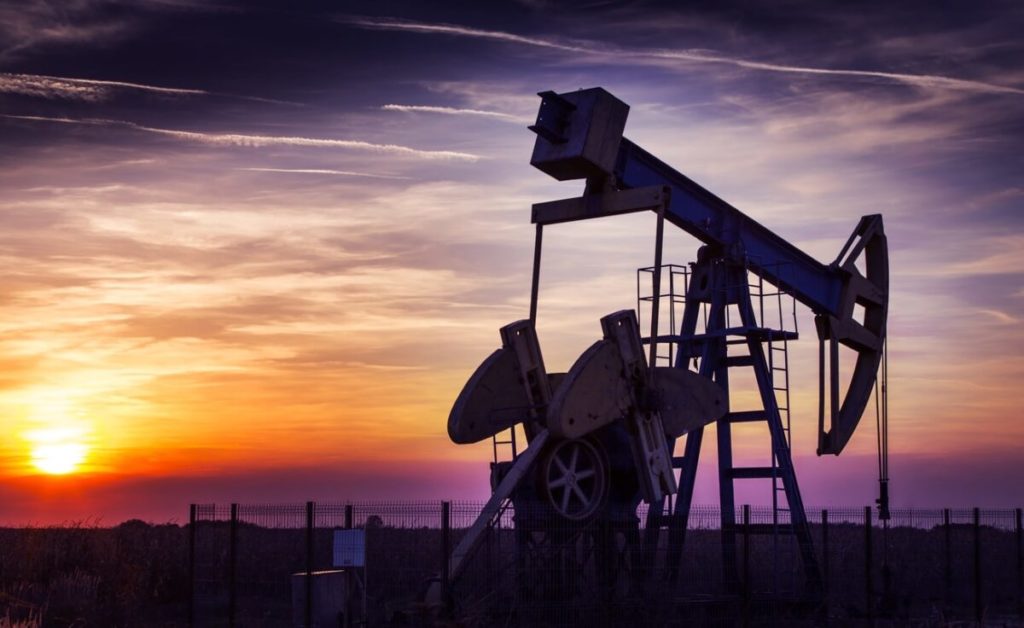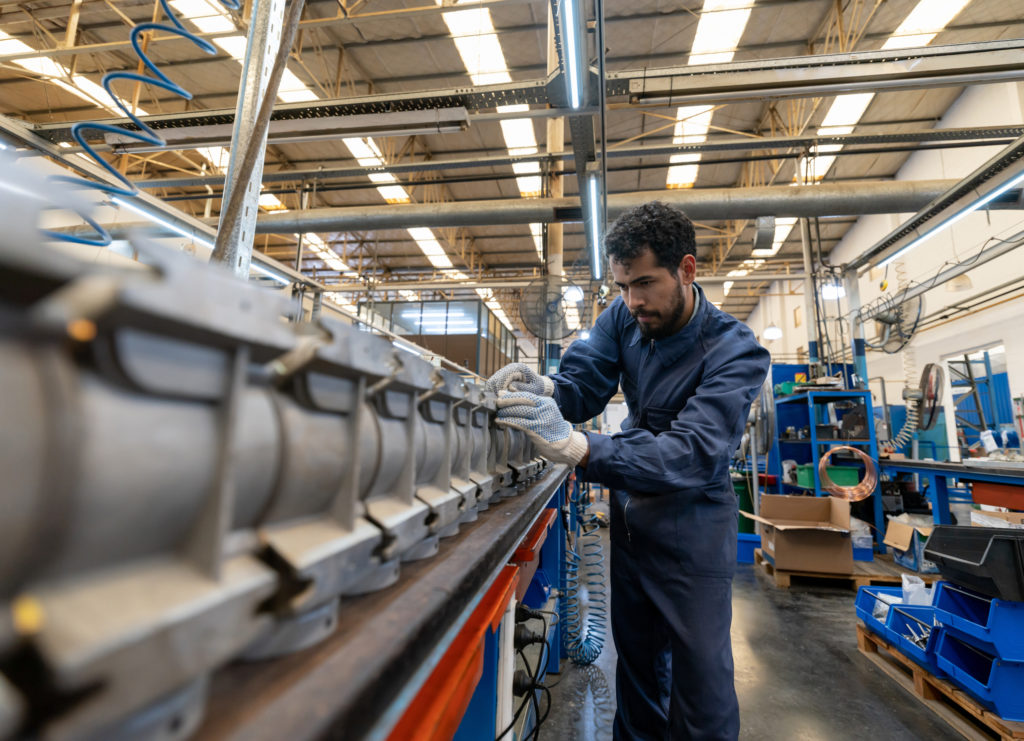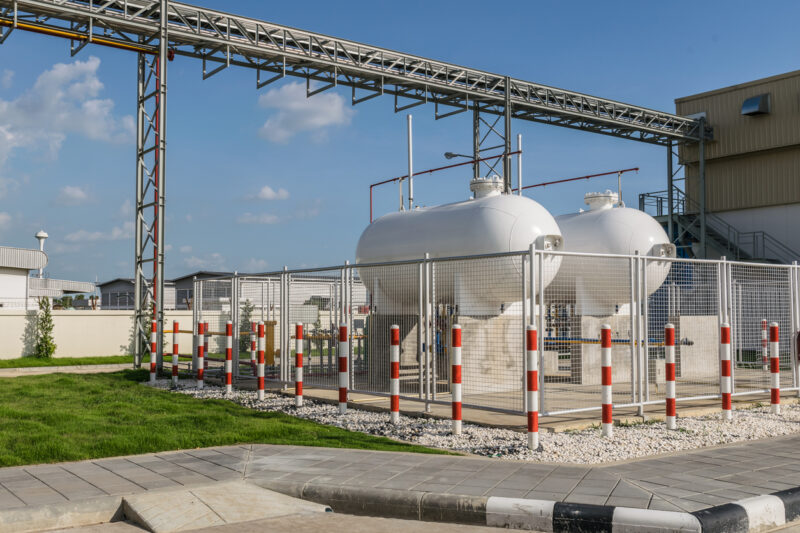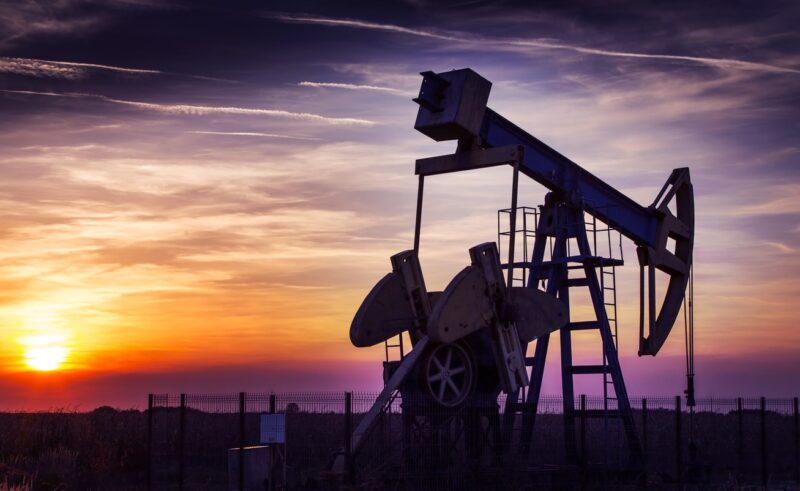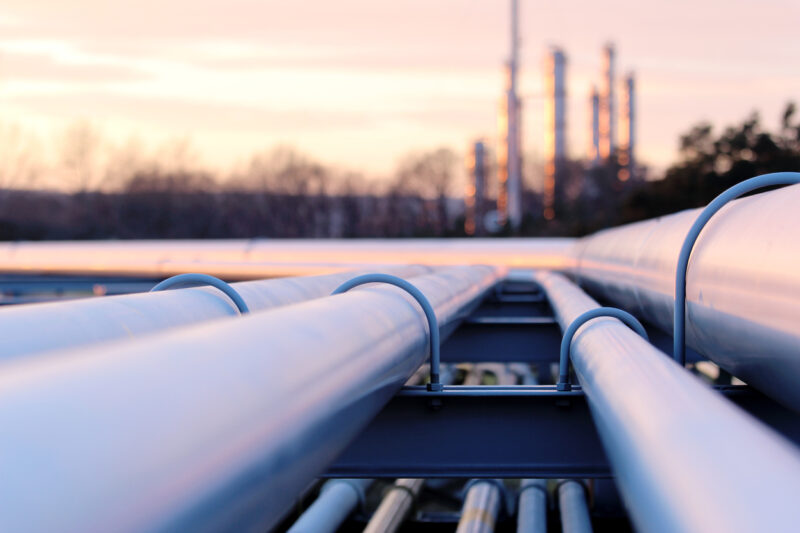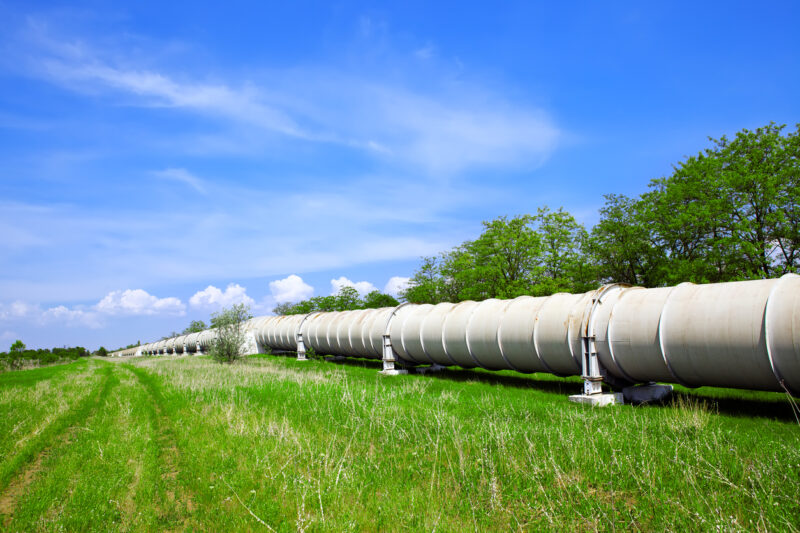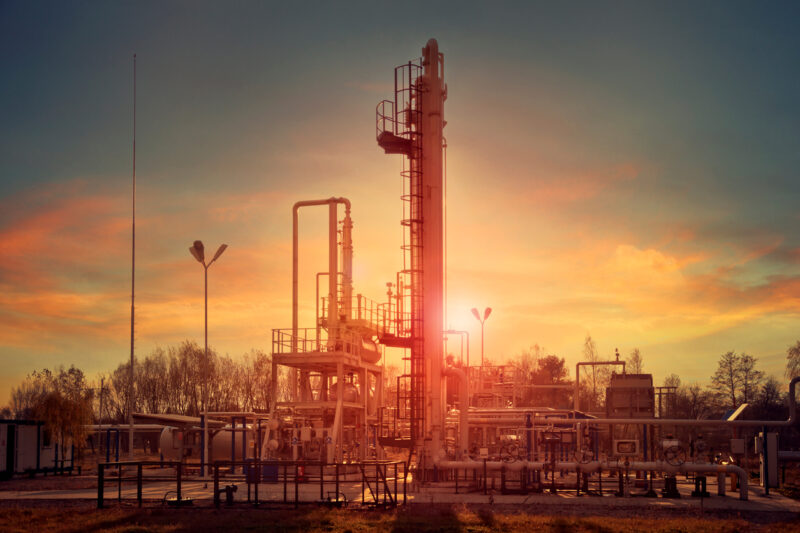Natural Gas Industry
Gas Compressor Piping Transient Analysis: What to Monitor
In the world of industrial processes, gas compressors play a pivotal role in ensuring the efficient transportation of gases for various applications. One critical aspect that demands careful attention is the transient analysis of gas compressor piping systems. Transients, or sudden changes in pressure and flow, can significantly impact the performance, safety, and longevity of…
Read MoreThe Types of Gases Used For Compression
Are you curious about the diverse range of gases that power the world of compression? In this article, we will embark on a journey through the types of gases used for compression, unveiling their unique properties and applications across various industries. Whether you’re involved in manufacturing, healthcare, or other sectors, understanding these gases can revolutionize…
Read MoreWhat Are the Types of Pipelines in the Oil and Gas Industry?
The oil and gas industry relies heavily on pipelines to transport vast quantities of resources across long distances. These pipelines play a crucial role in ensuring the smooth flow of oil and gas from extraction sites to refineries and distribution centers. If you’re curious about the types of pipelines used in this industry, read on…
Read MoreHow Is Natural Gas Transported? A Guide to Pipeline Transportation
How is natural gas transported? Natural gas is a fossil fuel that is commonly used for heating, cooking, and powering electricity generators. It is also an important feedstock for chemical production. With the increasing demand for natural gas, efficient and reliable transportation methods are essential to ensure the supply meets the demand. In this article,…
Read MoreHow a Quality Valve Assembly Can Assure Safety in The Oil and Gas Industry
Explore the essential role of the valve assembly in the oil and gas industry and how a quality valve assembly can enhance safety and efficiency in the field. We examine the key factors when selecting valves for specific applications, the importance of proper installation and maintenance, and the benefits of partnering with an experienced valve…
Read MoreTransportation of Natural Gas: How Compressor Stations Keep the Pipeline Moving
After extraction and purification, natural gas must travel over long distances – under high pressure – from oil and gas production fields to industry users as well as end customers for the transportation of natural gas. Pipeline transportation was invented to help make the delivery of natural gas to their destinations safer, more cost-effective, and…
Read MoreThe Importance of Adequate Gas Venting with Natural Gas Compressors
Adequate gas venting is key for many reasons. Read all about it below. Reciprocating or rotary compressors are used extensively in the natural gas industry to transport natural gas from both production/processing sites to authorized customer distribution systems. Since these machines work almost 24/7, they must be taken off-line from time to time for maintenance,…
Read MoreThe Types of Gaskets Used in the Piping Industry
There are different types of gaskets in the piping industry. To better understand each type, here’s all the information to know. A gasket is a mechanical seal that consists of a ring for sealing a pipe joint or packing pistons. Gaskets are used in piping as sealing materials placed between connecting flanges in order to…
Read MoreThe Importance of Pipe Protection in the Oil and Gas Industry
There are a lot of factors to keep in mind when it comes to pipe protection. Read more below for everything you need to know. Pipes are vital conduits that facilitate the proper flow of oil, gas, and water. Without pipes, the oil and gas industry will not function properly. That is why pipes need…
Read MoreHow to Measure Pipe Fittings: Understanding the Process
How to measure pipe fittings is important to understand. Read all about the process below. One factor determining how successful a particular piping project is involves accurate measurements. If you do not know how to measure pipe fittings and pipe sizes accurately, your project has already failed. This is why learning how to take accurate…
Read More
